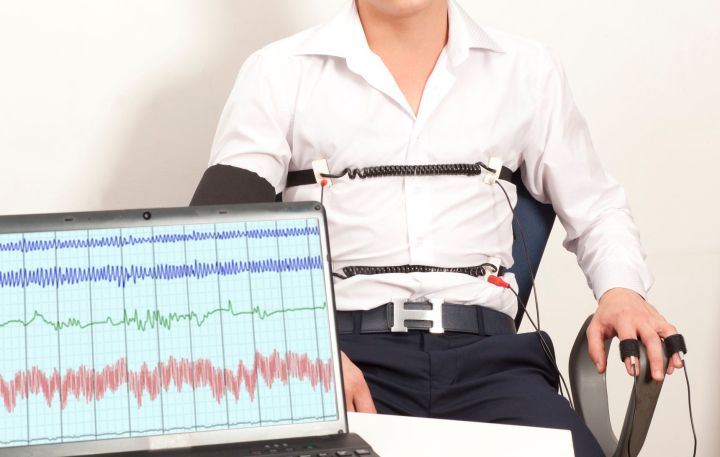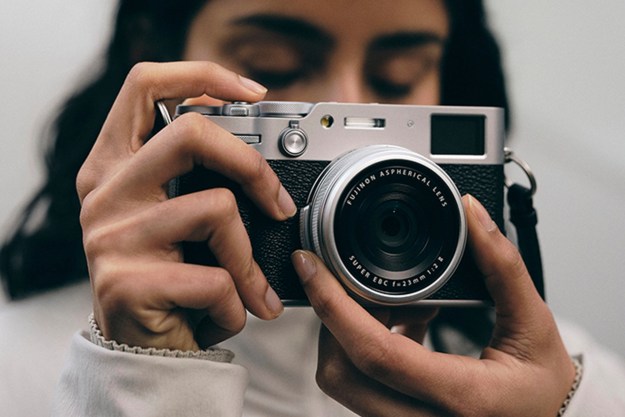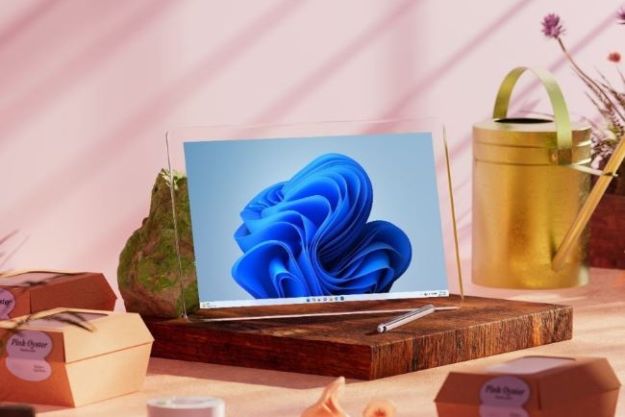
A camera with artificially intelligent facial mapping could easily identify your poker “tell.”
That same camera system has the same accuracy as a polygraph.
Cameras could detect untruths from even the most skilled liars.
Know which one is the lie? A new artificially intelligent camera system is picking up lies with the same accuracy as polygraph — though those same habitual liars that con even the polygraph will likely still fool the system. The machine learning firm Tselia Data Lab recently developed a camera algorithm that detects lies based on facial signals — and the work-in-progress already has a 75 percent accuracy rate.
A high-definition camera focuses on the subject’s facial features while software maps the changes in those facial features to pick up on subtleties like pupil dilation and facial tics, according to the Wall Street Journal.
Fraudoscope, as the system is currently dubbed, starts much like a traditional polygraph with a set of calibration questions with a well-known answer. The initial interviewees are also asked to imagine they’ve just won a gold medal — as they make up their imaginary answer, the system learns to recognize that individual’s “tell.”
The challenge is that, while detecting facial changes may be easier for computers than the naked human eye, computers have yet to understand the reason behind those minute facial changes — it is, after all, asking a machine to read human emotion. The company says that may change the more faces the machine learning algorithm works with.
While the company says that 75 percent accuracy — which is similar to the accuracy of a polygraph — isn’t high enough yet, the possibilities for using a camera to detect a lie brings up a number of potential uses. Without the cords and complex system, Fraudoscope could find uses beyond the judicial system. Imagine a security camera that can pick up the “tell” of a shoplifter, for example.
Currently, the system requires several calibration questions to achieve that 75 percent accuracy rate — and experts in the field of facial expressions such as the State University of New York at Buffalo professor Mark Frank agree that some people can get away with a lie without any characteristic tell. But in theory, with enough interviews in the database, the system could eventually learn to detect most lies with minimal prep work.
Editors' Recommendations
- Facial recognition tech for bears aims to keep humans safe
- The high-tech quest to detect COVID-19 via voice
- U.S. military facial recognition could identify people from 1 km away
- Amazon’s facial recognition updates can detect fear, among other emotions




